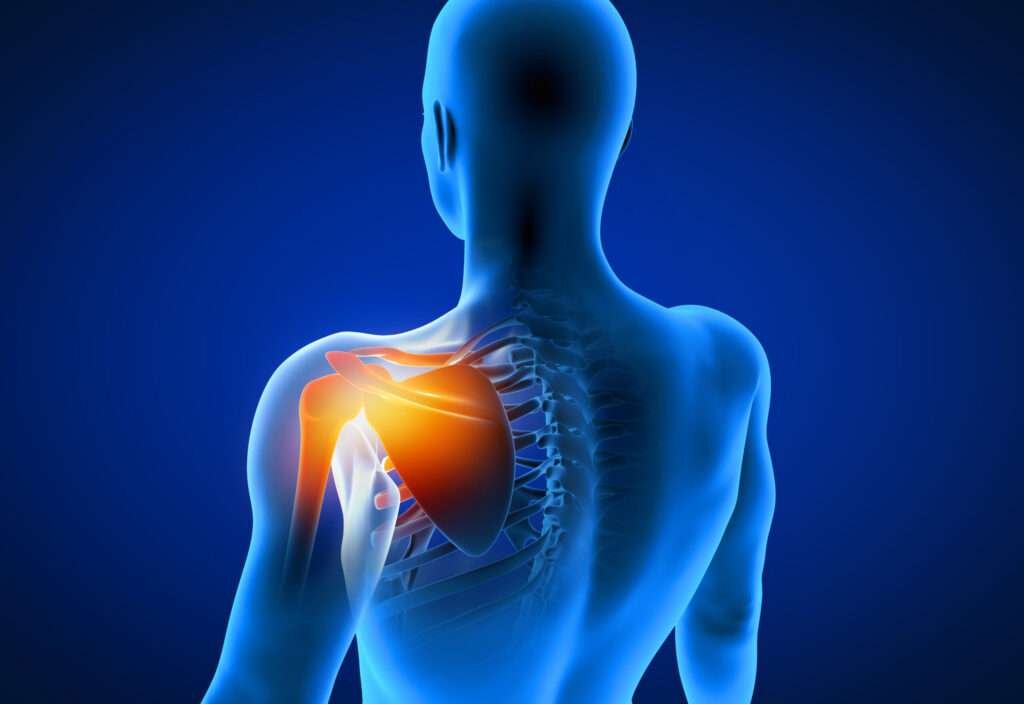Shoulder Replacement Surgery

Shoulder is a significant joint that is responsible for a great deal of movement. It covers a greater range of motion than any other joint in the body. Any condition causing pain, discomfort to this joint can affect a large part of the daily activities one performs. When the discomfort is to the extreme point when simple medication and therapies are of no use, one might consider a shoulder replacement surgery.
What is Shoulder Replacement Surgery?
Also known as shoulder arthroplasty, this surgery replaces damaged shoulder areas with artificial implants. These implants are made up of metals, plastics or other materials and are crafted for individual fit.
The main goal of the shoulder replacement surgery is to reduce pain, weakness and stiffness in the shoulder and regain the lost shoulder function to the maximum.
There are the different shoulder replacement procedures and the type of replacement procedure opted for a patient depends upon the type of shoulder damage along with common factors such as age and overall fitness.
Types of Shoulder Replacement Surgery
• Anatomic total shoulder replacement
This is done to replace both the ball and the socket
• Reverse total shoulder replacement
Here the ball and the socket are replaced but with reversed implants and is opted in case of severe shoulder damage
• Partial shoulder replacement
It is done when only the head (ball) of the joint is damaged

Shoulder Replacement Surgery Procedure
Before the surgery, the surgeon will examine the overall health of the patient along with the medical history. Imaging tests such as x-rays and MRI will also be needed to track the exact damage and plan for the implants. Apart from these other tests such as blood test might also be recommended.
It is important to let the surgeon know about any medication that the patient might be taking.
The surgery is performed general anesthesia. The surgeon will make cuts and will place the implants and will stitch the area. After surgery, in majority of the cases, patients will be able to perform regular function like walk, eat and go to bathrooms. Patients might be advised to stay for a few days into the hospital depending upon the individual condition.
Recovery after Shoulder Replacement Surgery
Total recovery might take few weeks and depends upon the severity of damage and type of replacement. The shoulder must be kept immobilized after surgery for which a brace might be put on the shoulder. Pain and other medication may continue for some time.
Physical therapy is important for recovery and aims to improve the shoulder function by allowing guided movement and strength gaining.
Benefits of Shoulder Replacement Surgery?
Below are the benefits that a shoulder replacement provides:
• Relief from severe pain and discomfort
• Allows the patient gain full shoulder motion
• Eases one in normal activities which otherwise is difficult or not possible
• Is beneficial for professionals like sports persons who have a career depend on it
The shoulder replacement surgery has a very good success rate. Almost all patients experience pain-free functioning enabling them to even exercise the shoulder to restore strength and motion.
CLINIC ADDRESS
Arora Clinic, Shop No. 13, Block 2, Emerald Plaza, Hiranandani Meadows, Glady Alvares Road, Behind Standard Chartered Bank, Thane west – 400610
Contact: +91- 9326004795
Managed By Hopeland Healthcare @ All Rights Reserved 2023.
